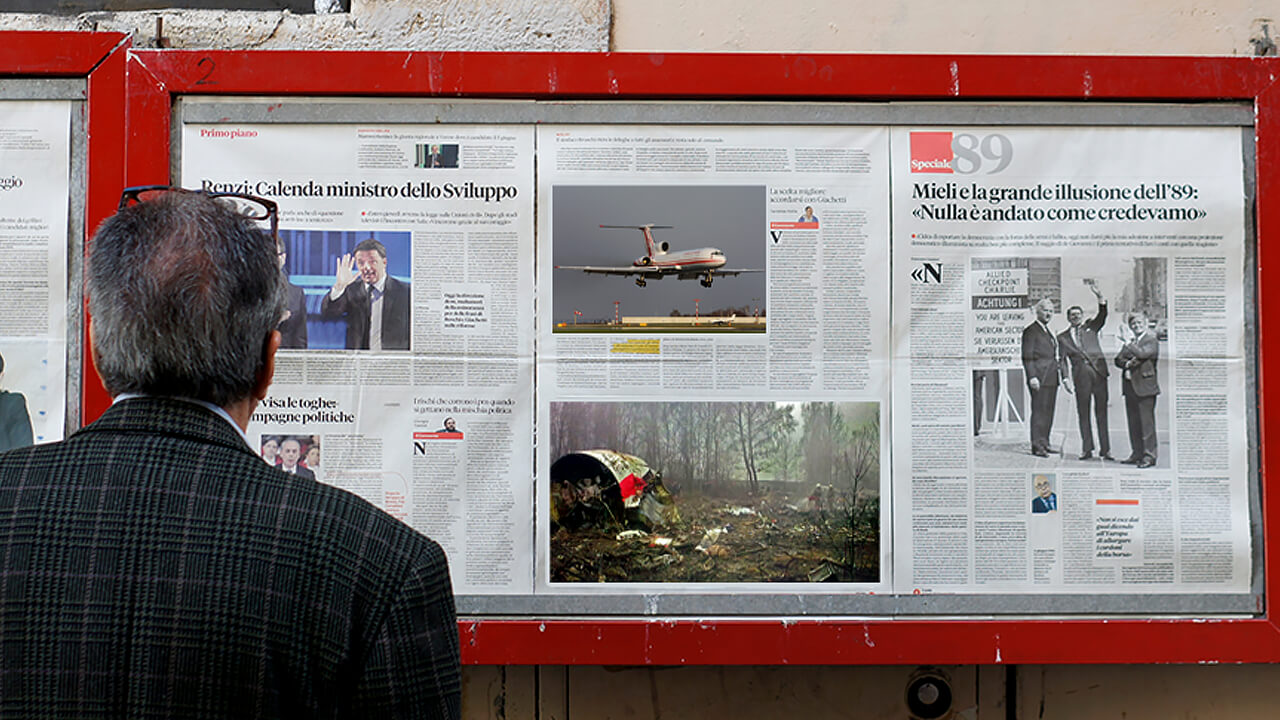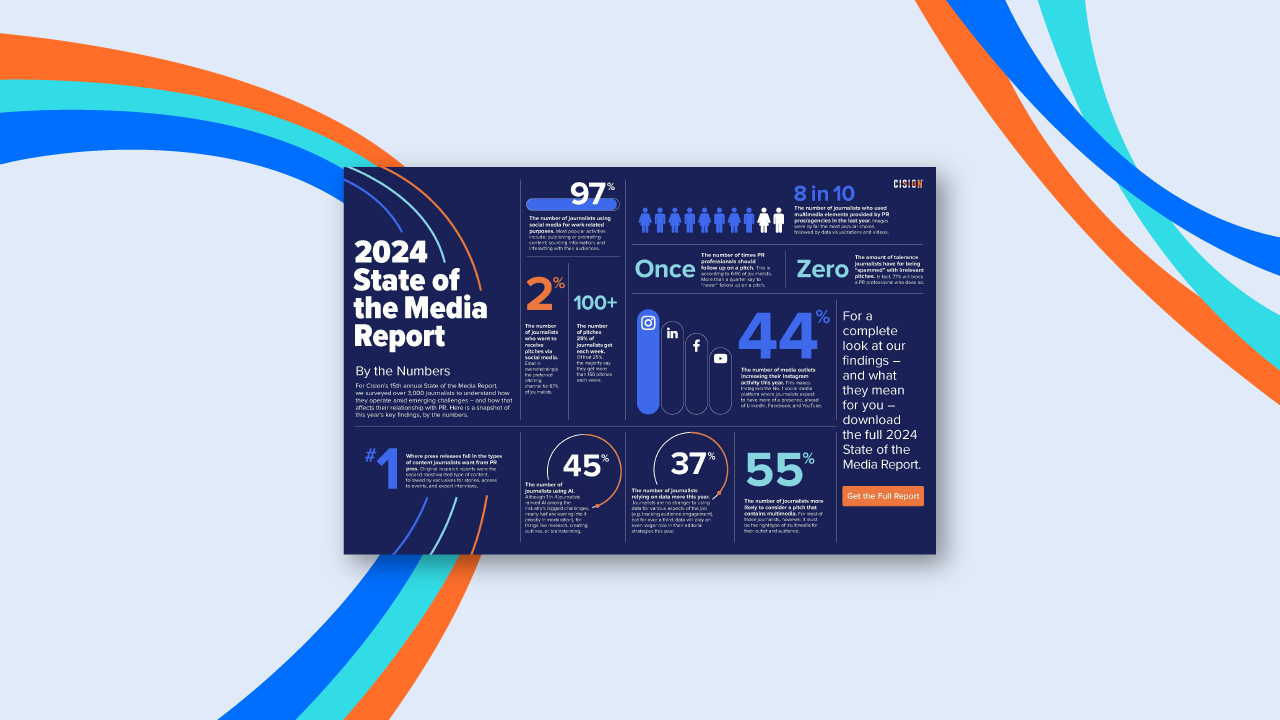This blog post is a summary of “He Who Pays the Piper, Calls the Tune? Examining Russia’s and Poland’s Public Diplomacy Efforts to Shape the International Coverage of the Smolensk Crash” by Liudmila Khalitova, Barbara Myslik, Agnieszka Turska-Kawa, Sofiya Tarasevich, and Spiro Kiousis. For the full study, please visit here.
Editor’s note: This version of this piece was originally published on the Institute for PR’s blog and is reposted here with permission.
What happens when two countries in an international crisis present to the world two drastically different versions of the same event placing blame on one another? How do journalists in the countries not involved in the crisis gather information about and report on that event?
Answering these questions means getting a better understanding of the processes that eventually shape the international agenda— which is crucial for public diplomacy officers and public relations pros working for multinational corporations in times of a crisis.
To tackle this puzzle, we have analyzed hundreds of articles about the Smolensk crash published across nine countries in different world regions. The crash killing the Polish president and most of his administration on a Russian soil in a Russia-manufactured jet received an enormous worldwide attention back in 2010, particularly, because of the conflicts and controversies surrounding the crisis. As Leszek Koczanowicz, a political scientist from Poland, described the situation,
"On the morning of 10 April 2010, a Polish plane carrying a delegation of high-ranking officials crashed at the Smolensk airport. All ninety-six people on board were killed; there were no survivors. These two sentences contain all the information that has not been contested".
After a prolonged inquiry, the two countries produced two drastically different versions of investigative reports which identified different causes for the crash. The timing of the crash, the mysterious death of the president and conflicting results have created numerous conspiracy theories, most of them blaming Russia. Widespread speculation on how Russia could cause the crash ranged from unsatisfactory conditions on the Russian airfield and negligence of its crew to the deliberate assassination of the Polish president, who had been actively promoting the deployment of the U.S. missile defense system in Poland at that time. The Russian side rejected these accusations and determined in the final report of the Russian-led Interstate Aviation Committee (IAC) that the Polish pilot’s error was the main cause of the crash.
We have analyzed over seven hundred stories about the crash published across seven countries, including China, Pakistan, Thailand, France, Germany, UK, and the United States. We were interested in the specific factors that influenced how media in each of these countries were covering the crisis; in other words, why journalists in certain cases would tend to favor the Russian agenda, whereas in others – the Polish one.
From the public relations perspective, there were three most important takeaways from our analysis:
- Coherent messaging. A core principle of crisis communication, yet again demonstrated its effectiveness in the Smolensk case. Leaving the issue of media freedom behind the brackets, the Russian government's ability to shape a relatively coherent domestic media agenda played into its hands. The Polish elites and media alike were divided on most issues pertaining to the crash. They failed to come up with a clear unifying interpretation of the event which made international agenda setting more difficult for Poland.
- The information access issue is crucial. Because the crash happened in Russian territory, Russian officials and journalists- unlike their Polish counterparts- had immediate access to the crash site, witnesses, and those in charge of the investigation. Therefore, using the Russian side as their primary information source seemed to be a natural choice for many international outlets.
- Economic influence buys attention, but not compliance. Russia is one of the world's largest suppliers of oil and natural gas. High dependence on Russian energy resources have always been a concern for the international establishment, since such a vulnerability could be potentially used by the Russians as an opportunity to interfere in the foreign politics of other countries. At the same time, Poland's trade volume with some of the countries in our sample, including Germany, France, and the UK was greater than Russia's. This suggests that Poland played a more important role in their economies.
We were interested if economic relationships could explain how media in these countries portrayed the crash and its investigation. It turned out, that trade volume indeed predicted Russia's and Poland's ability to influence media agenda in other countries, but only at the level of objects. That is, in countries trading with Poland more than with Russia, media tended to talk more about the Polish actors involved in the crash and its investigation and give more attention to the issues salient in Poland; countries trading predominantly with Russia tended to prioritize the Russian actors and the Russian issue agenda. At the same time, economic relationships with the countries in question did not help Russia and Poland ensure that their preferred issue frames would be accepted there.
Put it simply, economic influence did help the countries in shaping who and what is talked about in other countries, but not so much in shaping how they are talked about.







